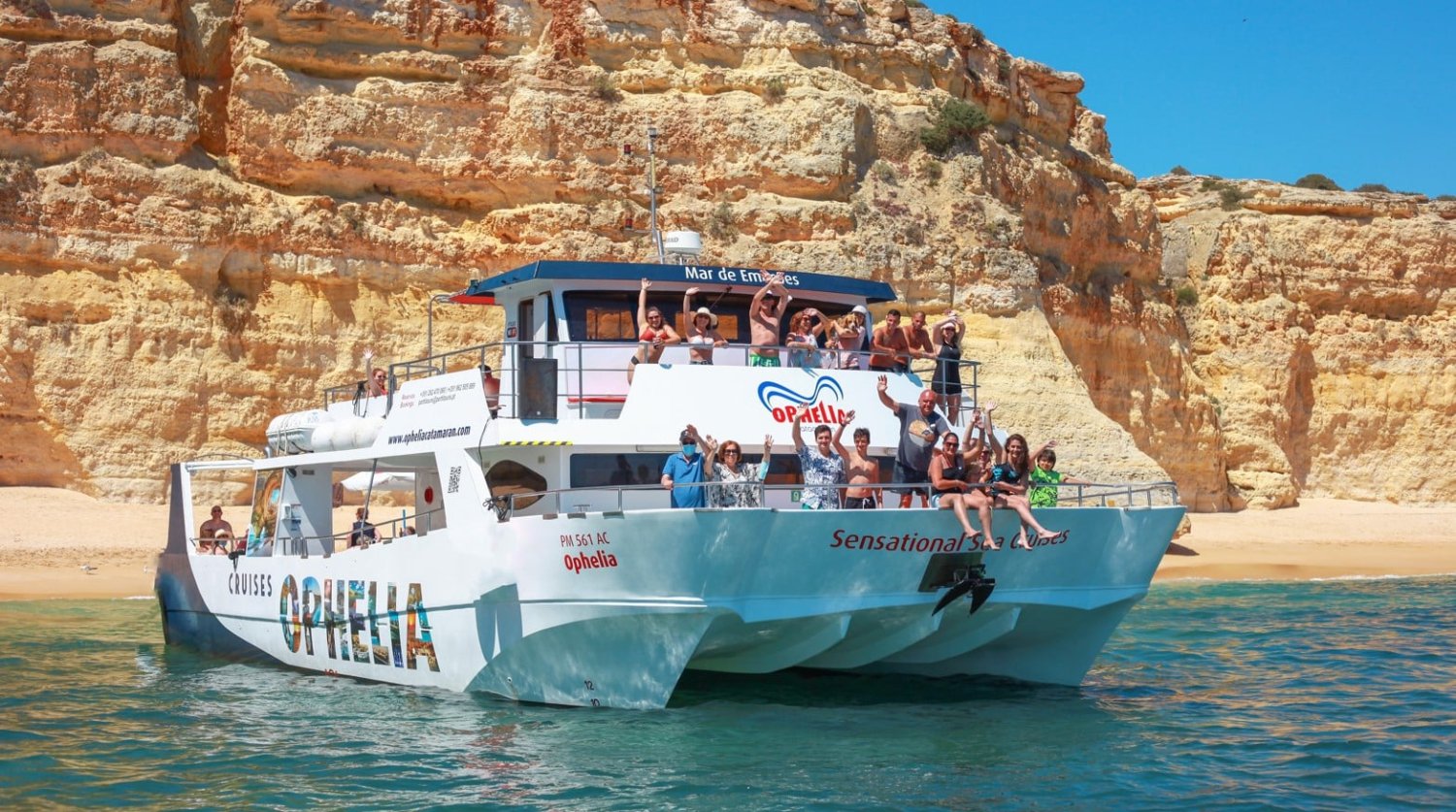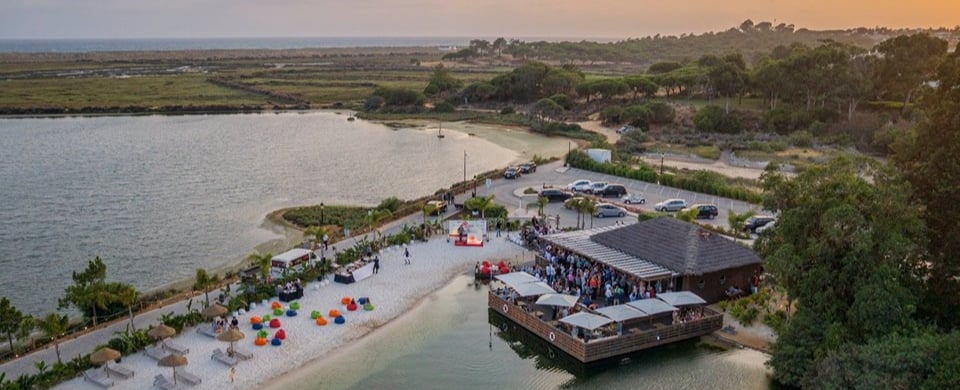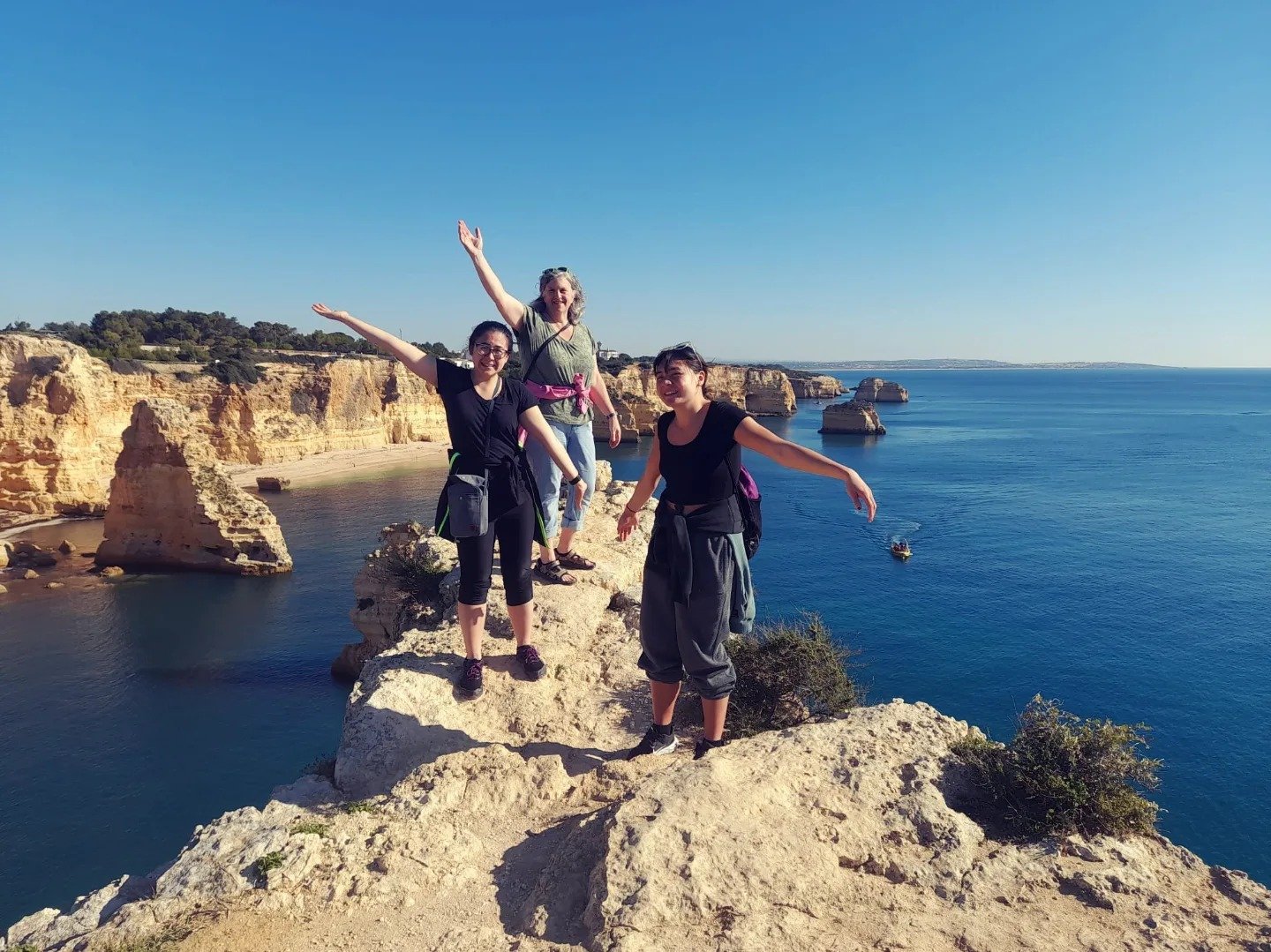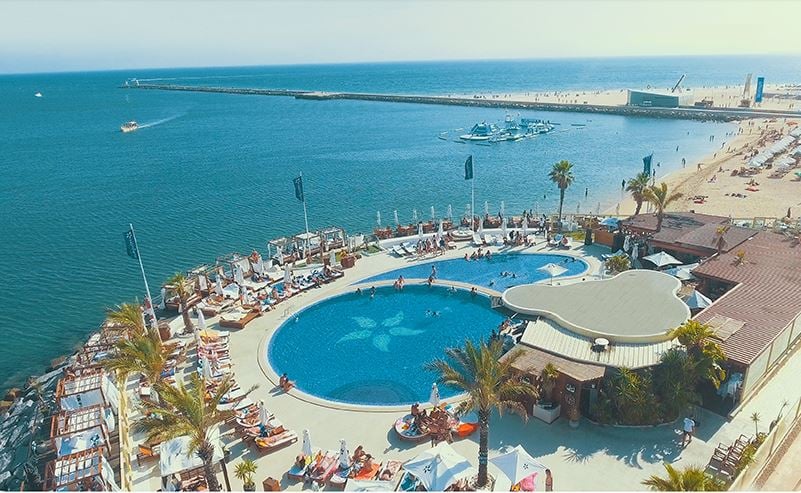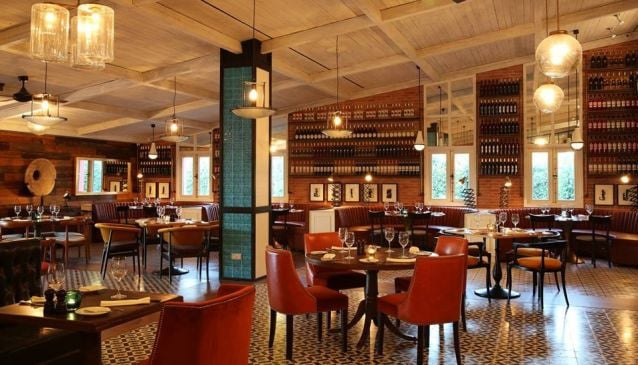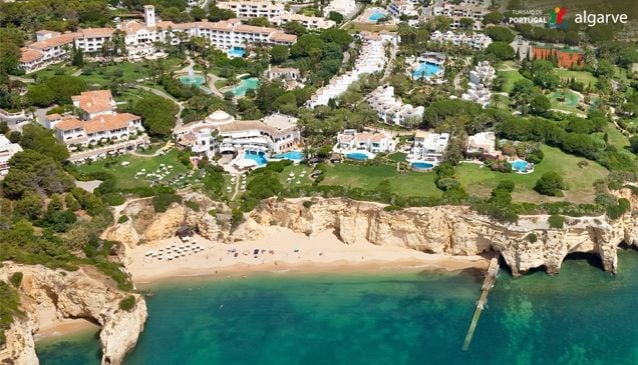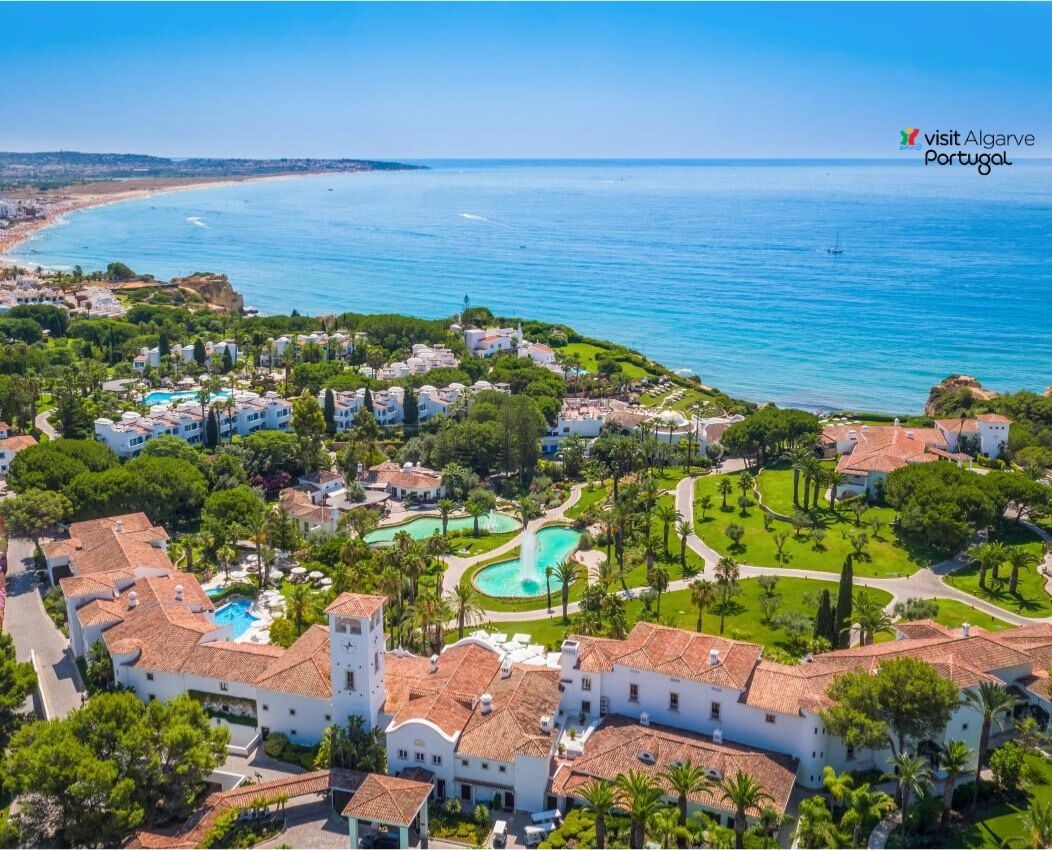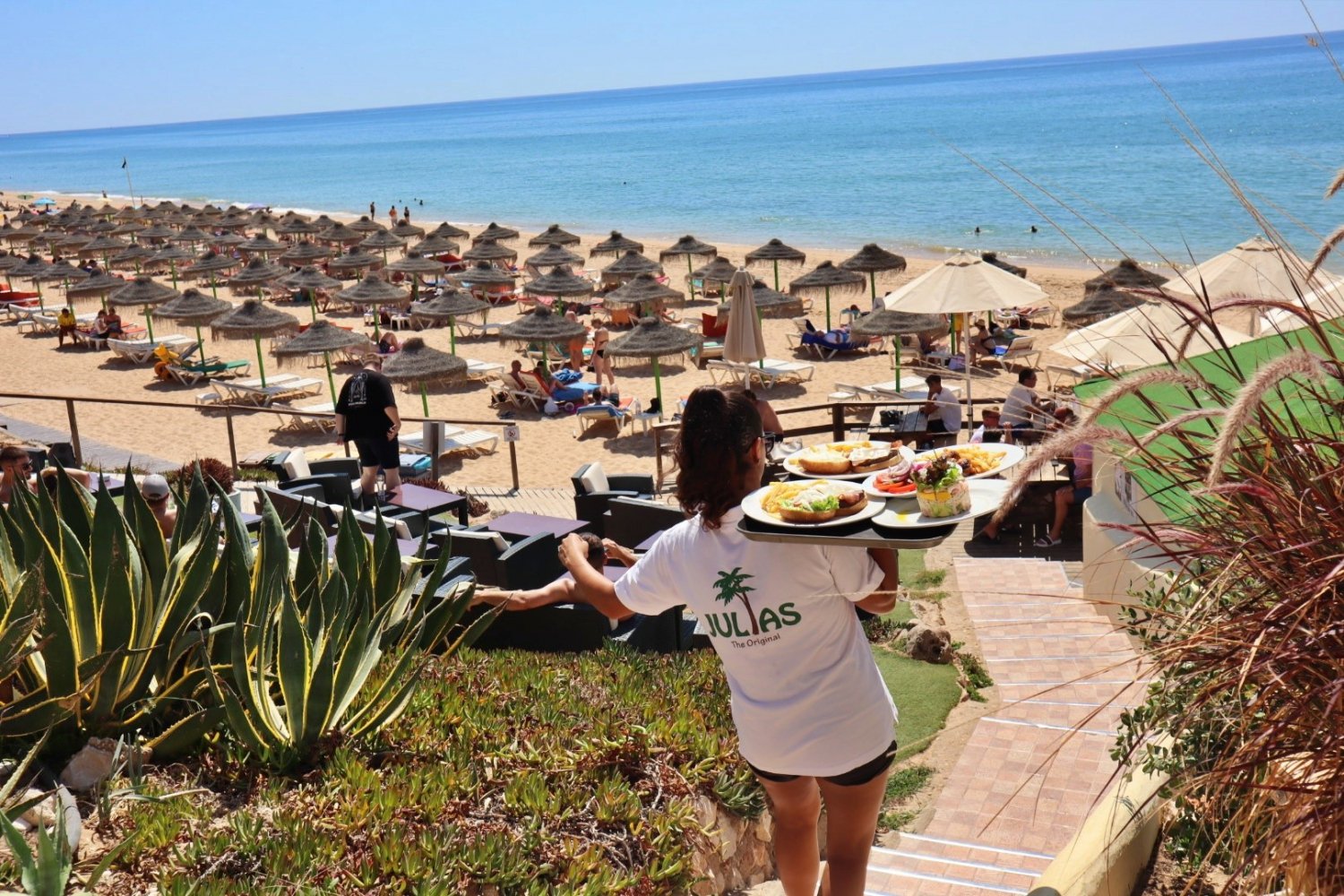New Portugal Local Lodging (AL) rules: What you need to know
Book Top Experiences and Tours in Algarve:
If youʻre booking your trip to Algarve last minute, we have you covered. Below are some of the top tours and experiences!- Albufeira: 2.5-Hour Benagil Caves & Dolphin Watching
- From Albufeira: Half-Day Buggy Adventure Tour
- Albufeira: Half-Day Algarve Jeep Safari
- Eastern Portugal: Day Trip to Faro, Olhão, Tavira, & more
- Loulé: Quinta da Tôr Winery Guided Tour and Wine Tasting
As the name suggests, All Finance Matters offer professional services, guidance and advice for all your financial matters in Portugal, from tax and cross-border taxation, to company and private accountancy services, business consultancy, and property rental compliance. Based in Tavira, Algarve, they provide honest and practical advice.
The Local Lodging (Alojamento Local or AL) sector in Portugal has played a pivotal role in driving the country’s tourism boom, revitalizing urban areas, and providing property owners with a lucrative income stream. However, the rapid growth of short-term rentals brought challenges, including housing shortages, rising rents, and tensions in communities.In response, the government has gradually introduced regulations to address these issues, aiming to balance the benefits of AL with the needs of residents.

In October 2023, the More Housing Law (Mais Habitação) marked a shift in the AL landscape. It introduced measures such as the suspension of new AL licenses in "housing pressure zones," mandatory contributions to affordable housing funds, and stricter controls on licensing and compliance. These changes sought to alleviate housing pressures while ensuring fairer use of residential properties, but they also sparked debate among property owners and tourism stakeholders concerned about their impact on entrepreneurship and economic growth.
Building on this framework, new AL regulations effective from November 1, 2024, refine and expand these measures, aiming to create a more structured and sustainable approach. Key updates include tighter licensing requirements, enhanced municipal authority, revised taxation policies, and support for rural and low-density regions.
The article below, provided by the experts at All Finance Matters, details the changes to Local Lodging regulations, which came into effect on 1st Nov. 2024.
Download the All Finance Matters comprehensive guide to changes in Local Lodging rules in Portugal.
Changes to Local Lodging (AL) regulations
Revocation of Previous Restrictions
One major update is the repeal of Article 19 of the Mais Habitação law, which had previously restricted new AL registrations. Starting November 1, 2024, new registrations will be permitted across the country, except in designated Contention Areas. Currently, these areas include most of Lisbon and central Ericeira, where restrictions will remain in place.
Property owners interested in obtaining an AL licence are encouraged to act quickly. The new decree grants municipalities greater authority to define Contention Areas, enabling local councils to impose restrictions on short-term rentals at their discretion.
Transferability of AL Licences
Under the new regulations, AL licences can now be transferred in most situations, with the exception of properties located in Contention Areas where municipal rules may vary. This update simplifies the process for property owners, making it easier to transfer licences when selling a property, whether it’s an apartment or a villa.
Year-Round Operation for Primary Residences
The previous limit of operating ALs in primary residences for no more than 120 days per year has been abolished. Property owners can now run their ALs without any restrictions on the number of operational days, providing greater flexibility and potential income opportunities.
Hostel Licensing Requirements
For hostels in horizontal property buildings, unanimous approval from all condominium members remains mandatory to obtain an AL licence. This measure is intended to ensure harmony among residents by preventing conflicts that may arise from hostel operations.
Municipal Oversight and Inspections
Municipalities now have 60 days (or 90 days in Contention Areas) to oppose AL registrations. Property owners also have the option to request an inspection during the registration process if a licence is delayed. These measures are designed to enhance regulatory compliance and ensure adherence to local standards.
Licence Cancellation
New provisions allow AL licences to be cancelled under specific circumstances. If a condominium votes by majority (over 50% ownership share) to terminate an AL licence due to verified and repeated disturbances, the municipality can cancel the licence. The licence holder retains the right to a hearing, and any cancellation is capped at a maximum duration of five years.
Capacity Limits and Additional Services
ALs registered as Apartamentos or Estabelecimento de Hospedagem are now limited to a maximum capacity of nine rooms and 27 guests.
Extra or fold-up beds may be added, provided they do not exceed 50% of the “normal” beds.
ALs registered as Estabelecimento de Hospedagem can offer additional services, such as food and beverage options, to enhance guest experiences.
Communication and Insurance Obligations
AL licence holders must provide their phone number and email address to the condominium administration. Additionally, municipalities may require proof of AL insurance, which must be submitted within three days of a request.
Contention Areas and Sustainable Growth
Municipalities have the power to designate Contention Areas (where there is an oversupply of AL properties) and Areas of Sustainable Growth (to monitor and prevent oversaturation). These measures aim to maintain a balance between supply and demand, ensuring the sustainable development of the AL sector.
Taxation Rules Remain Unchanged
While the new regulations bring operational changes, taxation on AL operations and property sales remains unchanged. Key considerations include:
- Owners operating ALs as sole traders must pause activity for at least 36 months before selling to benefit from reduced capital gains tax (CGT) liability.
- If the property is sold with an active AL licence or within 36 months of ceasing activity, expenses cannot be deducted, and CGT will be assessed on 95% of the gain.
- Owners are advised to plan their property sales carefully and seek professional guidance to explore opportunities for minimizing tax liabilities.
Plan Ahead for Success
These updates introduce significant opportunities and challenges for AL property owners. All Finance Matters strongly recommend consulting with a professional advisor to ensure compliance with the new rules, maximize the potential of your property, and optimize your tax planning.
Contact All Finance Matters at: info@afm.tax or +351 281029059















